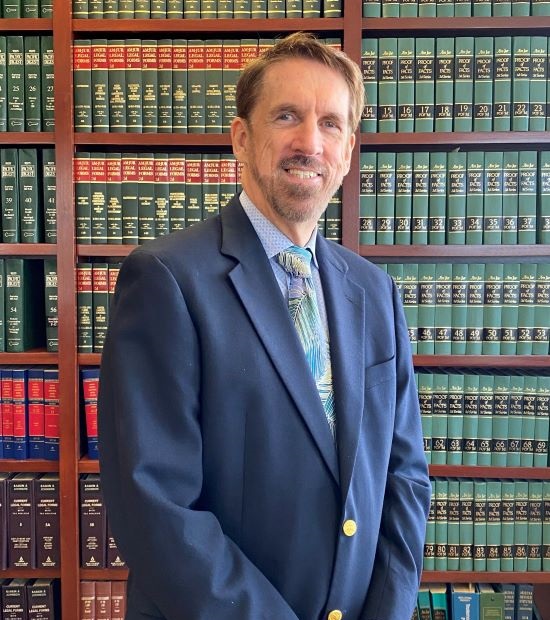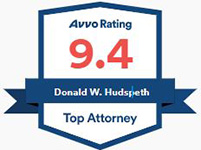- BUSINESS LAW
- Business Law
- Starting a Business in Arizona
- Reasons to Start Your Own Business
- Small Business
- Organizational Engineering
- Arizona C-Corporations & S-Corporations
- Form an LLC in Arizona
- Corporation Shareholder & LLC Operating Agreements
- Partnerships in Arizona
- Buying or Selling a Business in Arizona
- Arizona Representation for Out-of-State Businesses
- CONTRACTS & TRANSACTIONS
- Mergers & Acquisitions
- Commercial Leases
- Construction Law
- Construction Contract Issues
- Church Law
- Entertainment Law
- Health Care Law
- Internet Law
- International Business Law
- Medical Practice
- COMMERCIAL LITIGATION
- Commercial Litigation
- Alternative Dispute Resolution
- Aviation Contract & Lien Disputes
- Appellate Practice
- Breach of Fiduciary Duties
- Breach of Sales, Service & Supply Agreements
- Business Disparagement & Defamation
- Business Purchase Dispute Litigation
- Business Torts
- Federal Court Litigation
- Franchising Litigation
- Fraud & Misrepresentation
- Tortious Interference
- Construction Litigation
- BUSINESS SUCCESSION
- Business Divorce & Disputes
- Dissolutions & Partnership Disputes
- Shareholder Derivative Suits
- Division of Business Assets
- Buy-Sell Agreements
- Protection of Personal Assets
- Asset & Liability Protection
- Asset Protection Trusts
- Wills & Healthcare Directives
- WHITE COLLAR CRIME & REGULATORY
- White-Collar Criminal Defense
- Regulatory Compliance and Enforcement
- Internal Investigations
- INTELLECTUAL PROPERTY
- Intellectual Property
- Copyright Law
- Cybersecurity & Data Breach Laws
- Intellectual Property Infringement
- Trademark Law
- Trade Secrets and Proprietary Information
- EMPLOYMENT AGREEMENTS & ISSUES
- Employment Agreements & Issues
- Breach of Non-Compete Agreements
- Employment & Labor
- Restrictive Covenants
Search Site
Ask about offsite General Counsel services Appointments 365 – 7 days a week
866-696-2033

A noncompete agreement is a contractual term between an employer and an employee that restricts the employee’s ability to work for a competing business or start a competing business within a certain geographic area and time frame after leaving the employer. In April 2024, the Federal Trade Commission (FTC) announced a final rule banning noncompete agreements in employment. The rule deems it an unfair method of competition for employers to enter into or attempt to enforce noncompetes with workers.
The FTC rule that takes effect September 4, 2024 is a broad prohibition on noncompetes, with limited exceptions. Existing noncompetes with senior executives earning over $151,164 annually and in policy-making positions can remain in force. However, even for senior executives, new noncompetes are prohibited. Employers must also provide notice to all workers, except senior executives, that their existing noncompetes are no longer enforceable.
Arizona law generally favors employee mobility and imposes strict requirements for enforcing noncompete agreements. They are as follows:
- Legitimate business interest — The employer must have a legitimate business interest justifying the restriction. This could include trade secrets, customer goodwill, or a specialized workforce.
- Geographic scope — The territory covered by the covenant must be limited to what is truly necessary to protect the employer. Restrictions that encompass a vast area are unlikely to be upheld.
- Time period — The duration of the restriction should be no longer than necessary to protect the employer’s interest. Courts typically look at such factors as the time it takes to train a replacement employee or to develop customer relationships.
- Effect on employee — The covenant should not unduly burden the employee’s ability to earn a living in their chosen field. Courts consider the employee’s skill set, experience level and the availability of alternative jobs in the area.
- Public interest — The covenant cannot unreasonably harm competition or the public’s access to essential services.
If a court finds any part of a restrictive covenant is unreasonable, it may apply what is known as the “blue pencil rule,” crossing out that part of the agreement and upholding the rest.
The FTC’s rule will supersede Arizona’s rules for most noncompetes. With limited exceptions for senior executives, existing noncompetes will become unenforceable in Arizona after the rule takes effect. However, businesses can still use other restrictive covenants, such as nondisclosure agreements (NDAs) and non-solicitation agreements, to protect their legitimate business interests. NDAs protect confidential information, while non-solicitation agreements prevent former employees from soliciting customers or employees.
Law Offices of Donald W. Hudspeth P.C. assists Arizona businesses with the development and enforcement of restrictive covenants. To schedule a consultation, call our Phoenix firm today at 866-696-2033 or contact us online.
Our firm now offers a scholarship program for ASU first and second year law students.
The scholarship is awarded to students for academic merit with an interest in business and business law. Candidates may have majored in fields other than business, have taken a break between college and law school, or have had exceptional life experiences.
Read MorePay your bills online
Use our easy-to-use and secure online payment feature to pay your bill. We accept all major credit cards.

Contact us




















